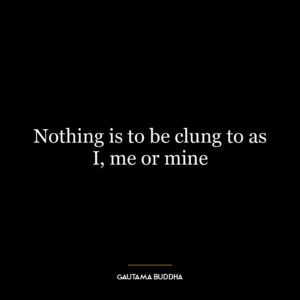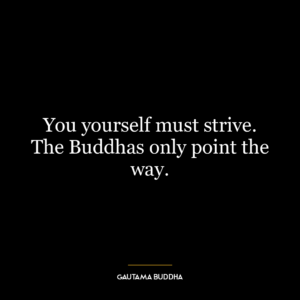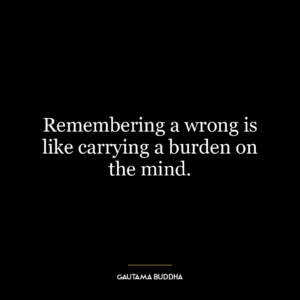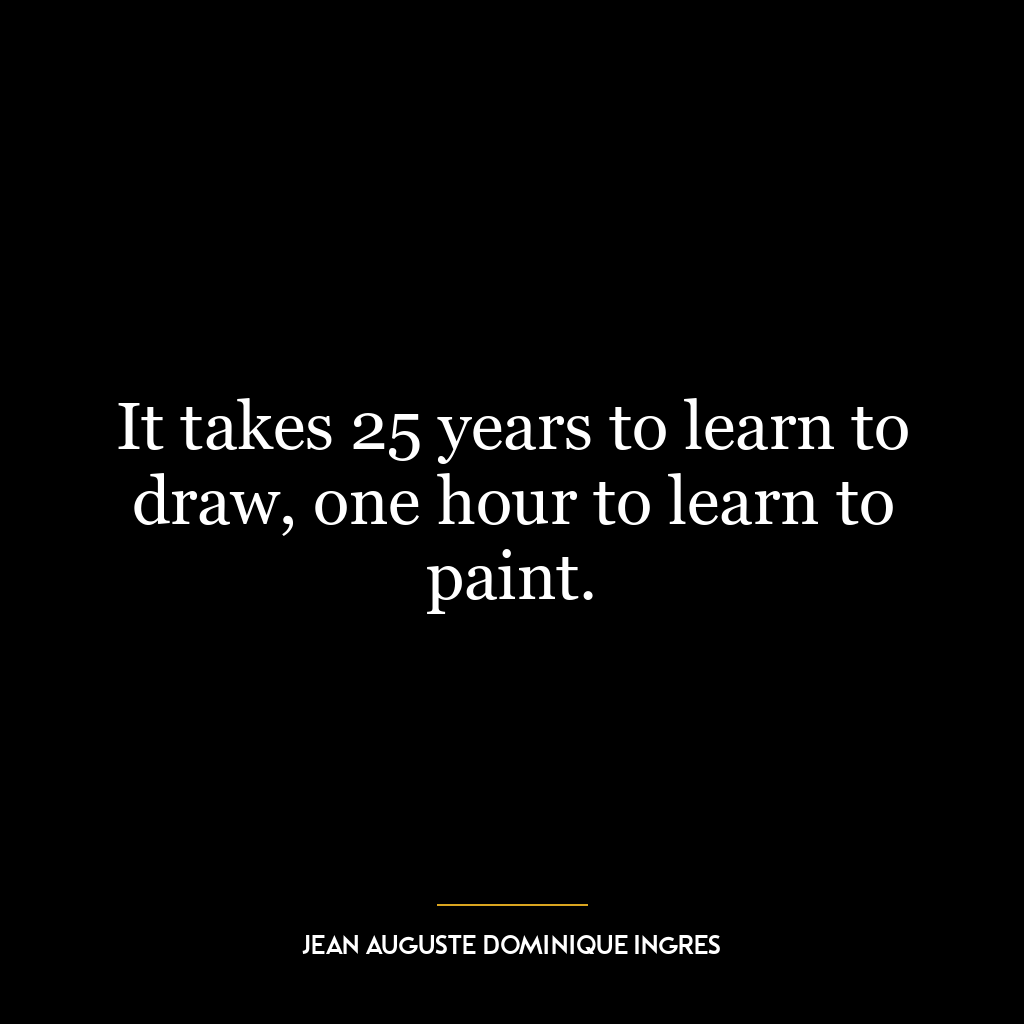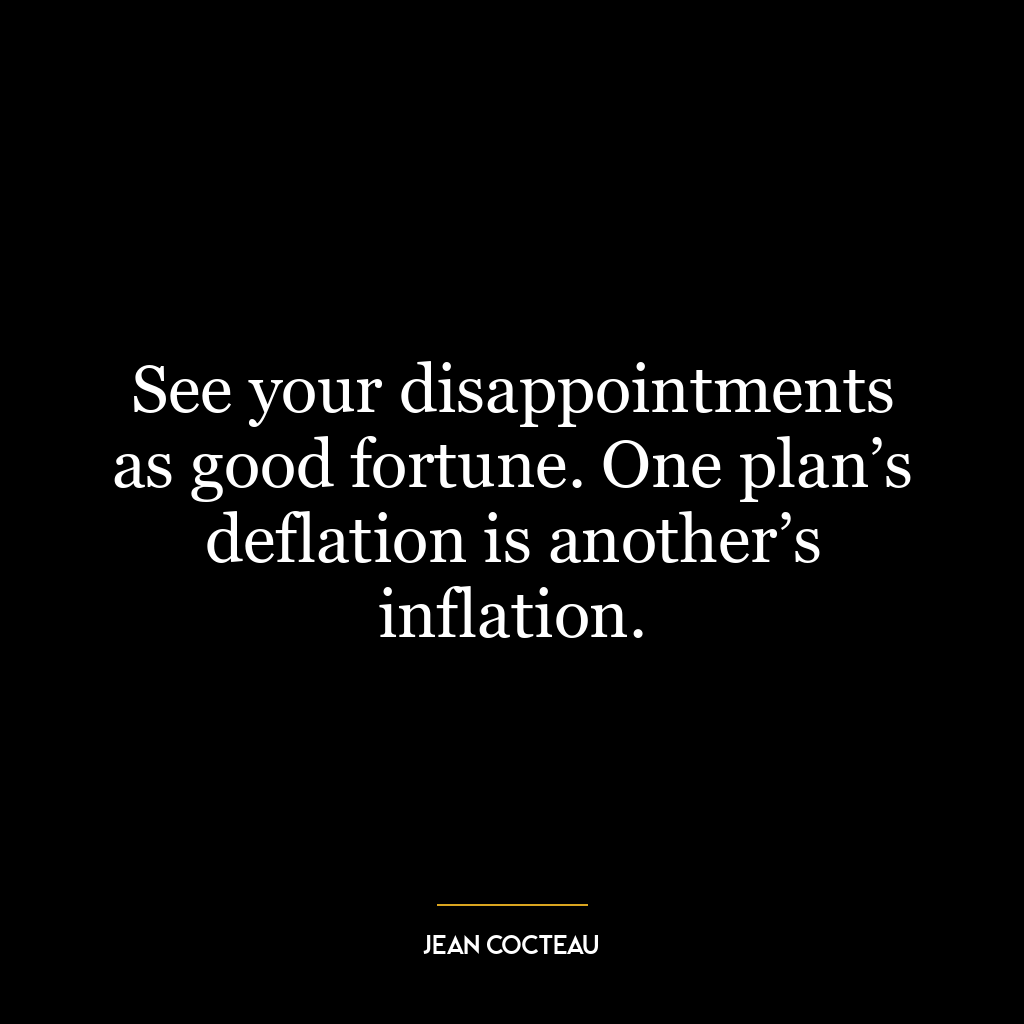This quote is a profound reflection on the nature of wisdom and learning. It suggests that a fool, or someone lacking in wisdom, may not be able to understand or appreciate the knowledge shared by a wise person. They might dismiss it, ignore it, or simply fail to comprehend its depth due to their limited perspective.
On the other hand, a wise person can learn even from a fool. This doesn’t mean they adopt foolish behavior or ideas; rather they observe and understand them as lessons on what not to do. The ability to learn from everyone and everything around us – even those seemingly inferior in knowledge – is itself an aspect of true wisdom.
The quote also underscores humility as an important part of wisdom. A wise person does not consider themselves above others but views every interaction as an opportunity for learning.
In today’s world, this idea has immense relevance. We are often quick to judge people based on their education level, job title, social status etc., dismissing those we perceive as ‘less than’ us without giving any thought to what we might learn from them.
In personal development terms too this concept is crucial because growth comes from continuous learning and openness towards all kinds of experiences and people. It encourages us not only to seek knowledge from expected sources like books or experts but also unexpected ones like our mistakes or people who we may initially underestimate.
A practical application could be in leadership where good leaders understand that they can learn something valuable from every team member regardless of their rank or experience level. Another example might be in personal relationships where instead of dismissing someone’s viewpoint because it seems foolish initially, one tries understanding why they think so which could lead towards greater empathy and better conflict resolution.




